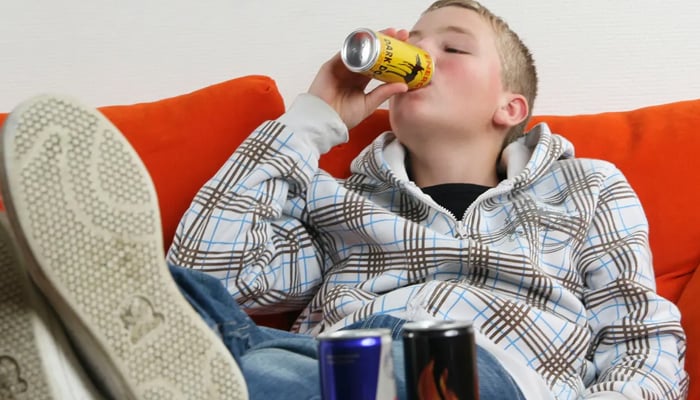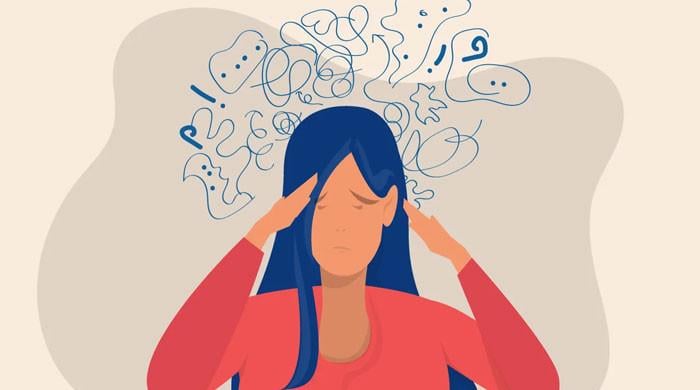Mental health disorders in children linked to energy drinks consumption
Energy drinks could have detrimental effects on mental health of children due to its caffeine content
Energy drinks could have a drastic effect in the growing minds of children due to its detrimental contents.
A new research was conducted by Fuse, the Centre for Translational Research in Public Health at Teesside University and Newcastle University in the UK reviewed date from 57 studies consisting of over 1.2 million children from more than 21 countries.
As per the review, presence of caffeine and other stimulants trigger a high risk of mental health issues in young people, including depression, anxiety, attention-deficit hyperactivity disorder (ADHD), and suicidal thoughts.
Speaking to Fox News Digital, professor of public health nutrition and lead author of the paper Amelia Lake expressed concern over the discovery of an “even greater list of mental and physical health outcomes associated with children and young people consuming energy drinks.”
It is pertinent to note that the current review was conducted as a follow-up to an initial review in 2016.
“We repeated [the review] only to find an ever-growing evident space that suggests the consumption of these drinks is associated with negative health outcomes,” Lake explained.
The caffeine content of energy drinks ranges from 50 mg to 505 mg per serving, the researchers noted.
“Even small amounts of caffeine can impact quality and quantity of sleep, and poor sleep is directly correlated with a decline in both mental and physical health — in adults as well as children,” Erin Palinski-Wade, a New Jersey-based registered dietitian told the outlet.
“A lack of quality sleep can lead to impaired cognitive functions such as decision-making, conflict resolution, working memory and learning, along with changes in behavior, mood and an increased risk of depression,” she added.
-
Benefits of magic potion that is Apple Cider Vinegar
-
Why too much caffeine can jeopardise your health
-
Refreshing and Nutritious: Healthy Drinks for Your Perfect Lifestyle
-
What is Cortisol belly? How can you get rid of it?
-
Top five reasons to add oats in your beauty regime
-
Power of Sunblock: Your Key to Radiant Skin and Healthier Living
-
Impact of Flavonols on mortality rate, cancer, cardiovascular disease
-
Cosy Cardio: Comfortable fitness trend anyone can follow












